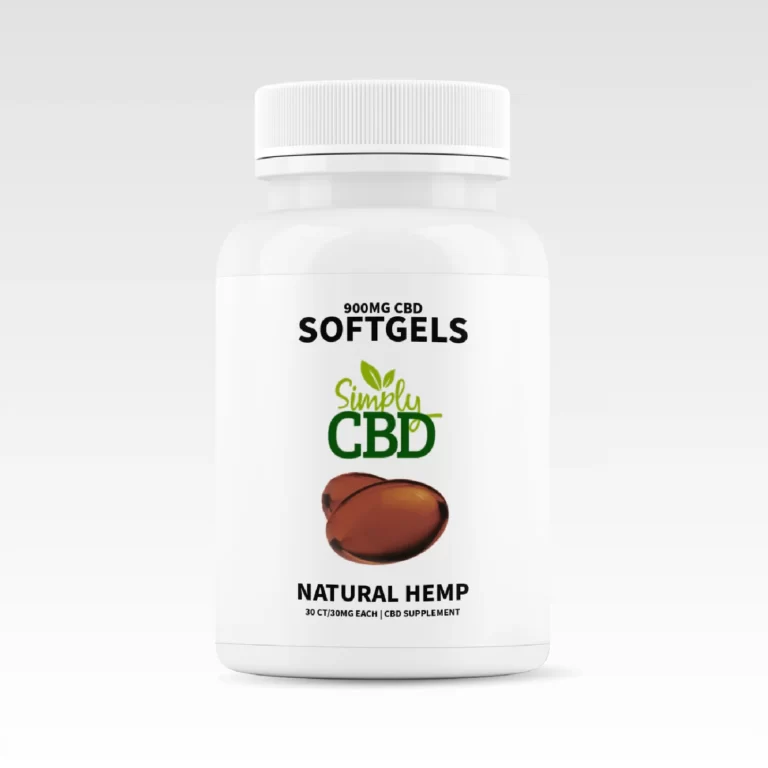Cannabidiol and Multiple Sclerosis
Cannabidiol is one of the phytocannabinoid compounds found in plants. It is not toxic and is currently being used to treat multiple sclerosis. It is among the 113 cannabis cannabinoids. It's responsible for
uk legal cannabis legal cannabidiol as high as 40 percent of the plant's extract.
It is non-intoxicating.

Cannabidiol is a compound that is found in cannabis plants, cannabis for sale is known for its natural pain-reducing and anti-inflammatory properties. CBD is the most well-known compound in marijuana, however it is only one of many compounds in cannabis plants. Many of these compounds have potential therapeutic benefits and could even be able to treat diseases like schizophrenia.
It's an essential part of the cannabis plant, and is the main ingredient in a variety of hemp-based products. However, unlike tetrahydrocannabinol (THC), CBD does not cause intoxication and
cbd Uk has no psychoactive effects. CBD instead binds to the body's receptors for cannabinoid signals and enables them to work normally.
CBD is gaining popularity due to its non-psychoactive nature and has a much better security profile than marijuana. It's also being used in many products, ranging from cosmetics to coffee shops due to its anti-inflammatory and anti aging properties. However, the
uk legal cannabidiol framework concerning the use of
Cbd Uk is complicated because of federal and state laws.
Many research studies are underway to determine if cannabis is effective in treating a range of conditions. One of these is its ability to treat anxiety and depression. A specific type of CBD is approved for seizures in the U.S. and is now available in vaporized form.
It is used to treat multiple sclerosis.
Multiple MS (MS) is an inflammatory disorder of the central nervous system (CNS). T lymphocytes that are autoreactive, which attack the myelin of the CNS, are the reason for MS. This triggers an inflammatory chain reaction that causes the release of proinflammatory cytokines and recruitment of additional immune cells. In the end the oligodendrocytes die, and further demyelination is triggered.
Research has shown that CBD could help patients with MS and may even slow the progress of the disease. One study found that CBD proved effective in alleviating MS patients' sleep problems as well as spasticity and pain. It is also well tolerated and can be used as a safe alternative therapy.
Cannabidiol is made from the cannabis plant. It is a natural cannabinoid that is used to treat multiple sclerosis. According to the National Multiple Sclerosis Society, a 2017 survey found that 66% of MS patients reported using cannabis. Another study conducted in Canada revealed that a lot of patients would consider using cannabis if it was legal and scientific evidence was available.
Another study revealed that 630 MS patients were treated with cannabis extract. The treatment was able to improve spasticity overall and decrease spasms. It also improved their perceptions of their condition. The results of this study are preliminary, but the benefits are promising.
It's an added-in booster
CBD is a very popular ingredient in boosters that are added to the mix. CBD can lower the effects of caffeine. It is now a sought-after supplement for athletes. You can even find CBD-infused sports bras. But what exactly is cannabidiol, and what is it that makes it different from marijuana and
hemp for sale?
It could be a contributing factor to the opioid epidemic
Recent research suggests that the legalization of cannabis stores may contribute to the opioid crisis. The opioid crisis is an epidemic of health and has led to the deaths of more than 300,000 Americans over the past decade. The epidemic has also led to an increase in medical costs that have more than tripled since 2007.
The United States has seen an unprecedented epidemic of opioids in the last decade due to heroin and other opioids. This problem is exacerbated due to the lack of alternatives for treatment. One promising non-opioid medication is cannabidiol, which is a phytocannabinoid that is derived from the cannabis plant. The compound has been proven not to cause anxiety or cravings that are triggered by cues which are two of the factors that can trigger the use of opioids.